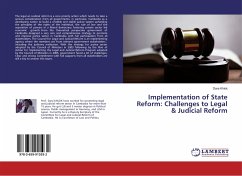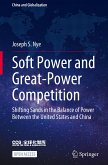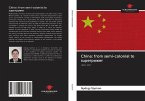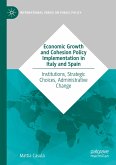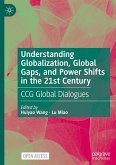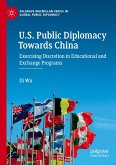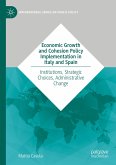The second edition of this book (updated to February 24, 2024) presents a comprehensive evaluation of the strategy implemented by China to manage its modernization process. The author evaluates to what extent the economy has been developed, whether the imbalances due to the priority given to economic development have been corrected, and whether the improvements of science and technology have allowed China to develop world class high-tech sectors and a modern defence. Clearly, the end of the XX Century saw the fulfilment of Zhou En Lai 'four modernizations', i.e. the acquisition of power resources that fulfilled Mao's proud 1949 statement: 'we stood up', thereby projecting China into the international arena as a re-emerging world power. The author insists on the fundamental difference between American and Chinese ideologies as the main drivers of their foreign policy, i.e., the extreme rigidity of the former compared to the remarkable flexibility and adaptability of the latter. He further explains the consequences of the increasingly aggressive American foreign policy, i.e. the US pretence to act as the leader of the existential struggle between 'democracy and dictatorship'. This posture reached its apex during the Ukrainian and the Middle East crises, that unveiled the irreversible decline of the West, and have become two formidable accelerators of the transition from the unipolar world 'América made' to the multipolar world promoted by China, Russia and the BRICS.
Bitte wählen Sie Ihr Anliegen aus.
Rechnungen
Retourenschein anfordern
Bestellstatus
Storno


